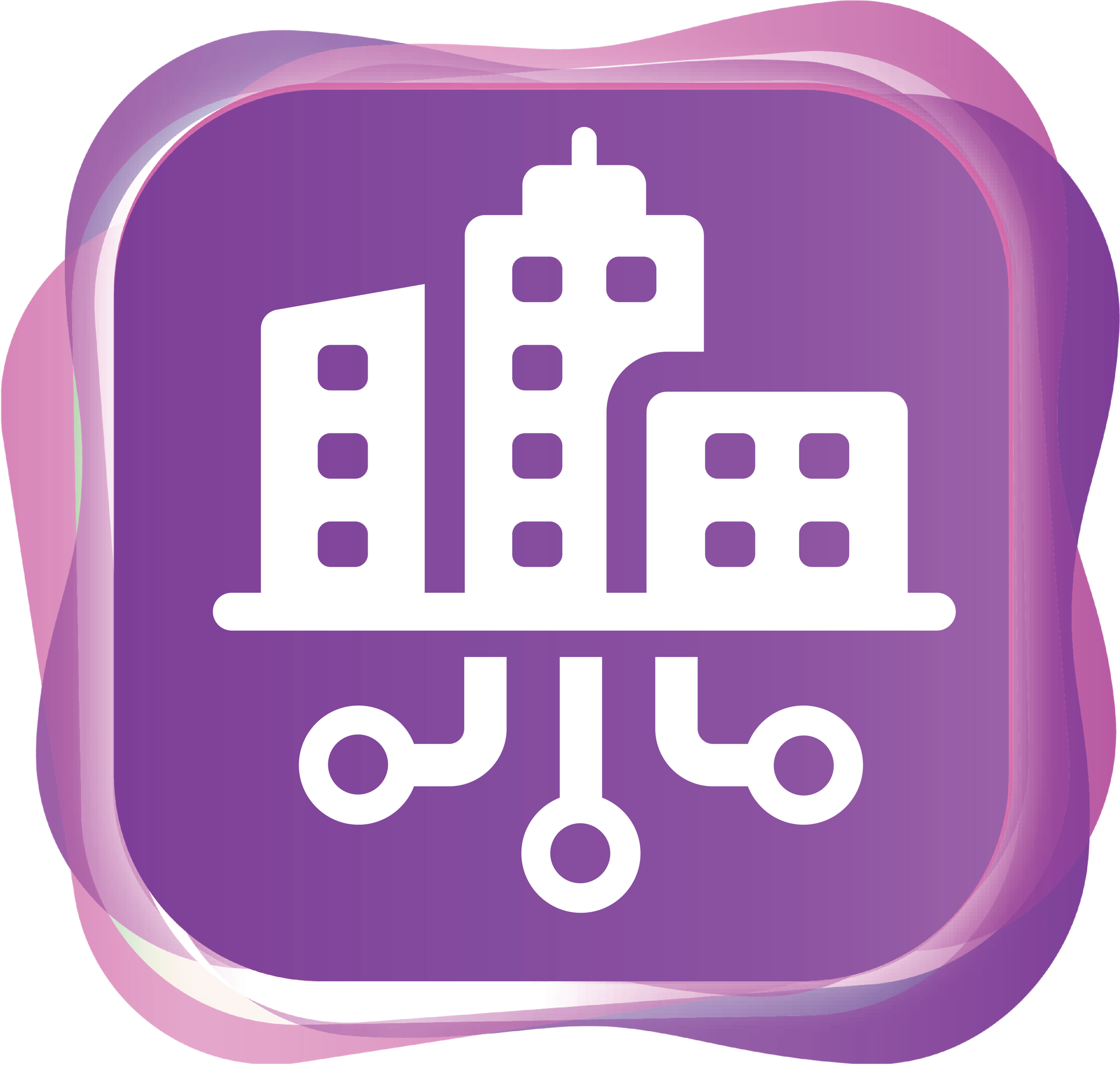 |
CCAI9016 Artificial Intelligence
|
Course Description
Cities are hubs for innovation and engines of economic growth but they also face critical challenges like traffic congestion, housing crisis, and air pollution. Addressing these urban issues is crucial for cities to thrive. This course will discuss how Artificial Intelligence (AI) can be leveraged to solve urban issues, enhance city planning, design, governance, and transform cities in sustainable and smart ones. The course will address questions such as: What is AI and how does it work? How is AI employed in urban settings? What are the potential benefits and challenges of AI in urban contexts? It will explore the role of AI in various urban applications. It will also touch upon the ethical and security implications of AI in Smart Cities.
In alignment with the Common Core goals, this course aims to foster critical thinking and AI literacy. It will provide practical knowledge of AI applications in real-world urban scenarios. The course utilizes a combination of lectures, readings, and hands-on projects to ensure a comprehensive understanding of AI for cities.

Course Learning Outcomes
On completing the course, students will be able to:
- Develop a broader perspective of AI and its role in city development and solving urban challenges.
- Explain how AI can be utilized in different urban disciplines.
- Develop and effectively communicate an action proposal involving the use of AI in a local urban issue.
- Demonstrate understanding of AI urban applications in relation to sustainable development goals.
Offer Semester and Day of Teaching
Second semester (Wed)
Study Load
| Activities | Number of hours |
| Lectures | 24 |
| Tutorials | 12 |
| Reading / Self-study | 24 |
| Assessment: Essay / Report writing | 20 |
| Assessment: Presentation (incl preparation) | 40 |
| Total: | 120 |
Assessment: 100% coursework
| Assessment Tasks | Weighting |
| Performance in tutorials | 40 |
| Reflective Journal | 10 |
| Group Project | 40 |
| Peer evaluation | 10 |
Required Reading
- Batty, M. (2013). The new science of cities. MIT press.
- Batty, M. (2018). Inventing future cities. MIT press.
- Kitchin, R. (2014). The data revolution: Big data, open data, data infrastructures and their consequences. Sage.
- Ratti, C., & Claudel, M. (2016). The city of tomorrow: Sensors, networks, hackers, and the future of urban life. Yale University Press.
- Townsend, A. M. (2013). Smart cities: Big data, civic hackers, and the quest for a new utopia. WW Norton & Company.
Course Co-ordinator and Teacher(s)
| Course Co-ordinator | Contact |
| Professor Z. Zhang Department of Urban Planning and Design, Faculty of Architecture |
Tel: 3917 4894 Email: zhangxh@hku.hk |
| Teacher(s) | Contact |
| Professor Z. Zhang Department of Urban Planning and Design, Faculty of Architecture |
Tel: 3917 4894 Email: zhangxh@hku.hk |

